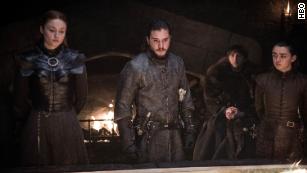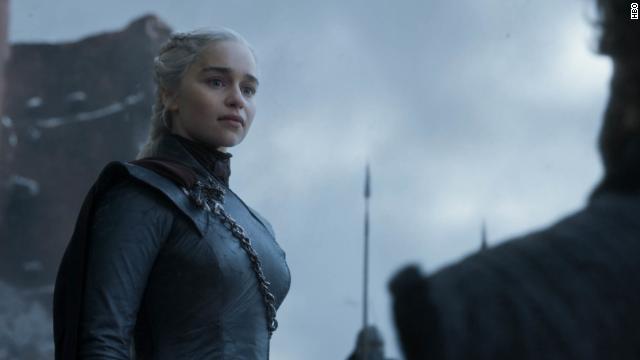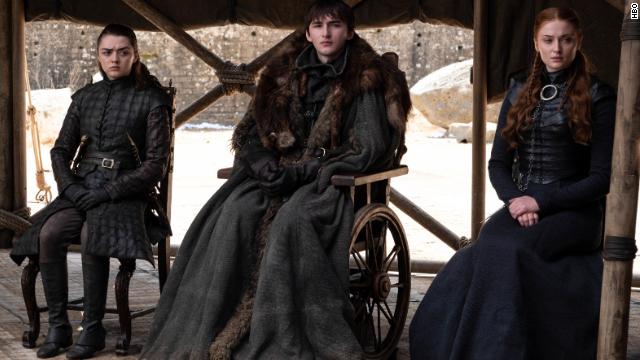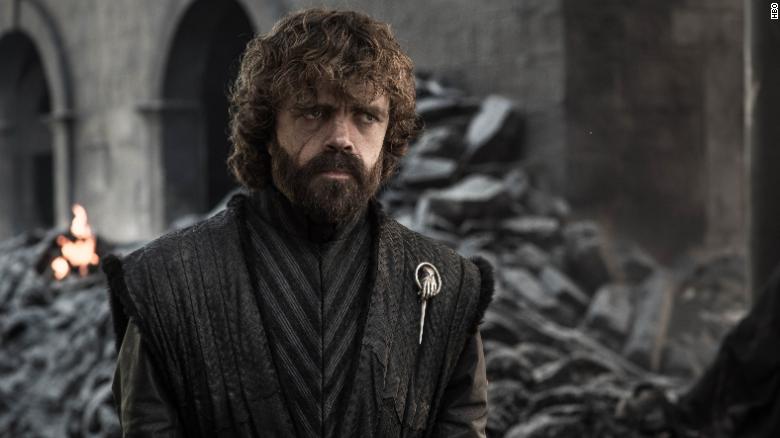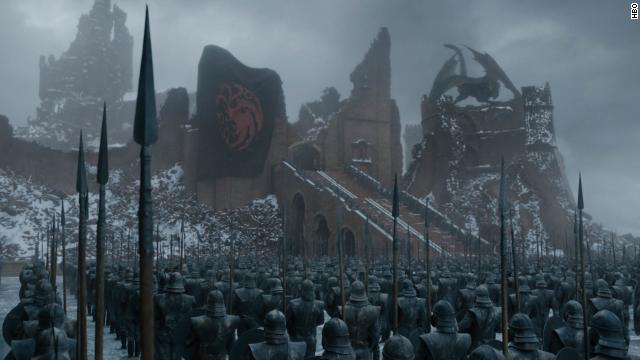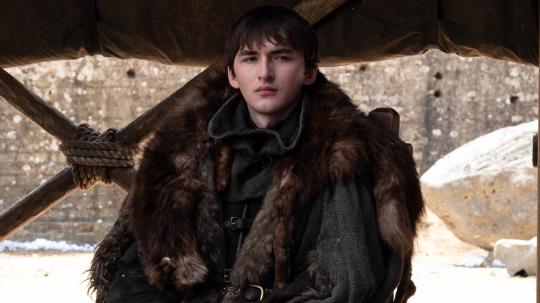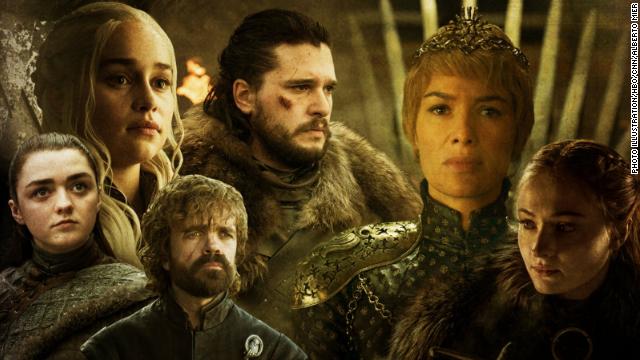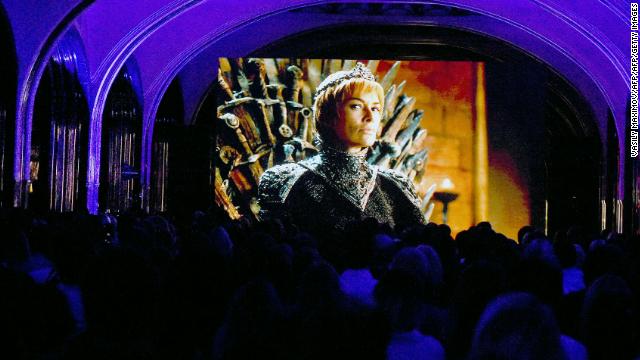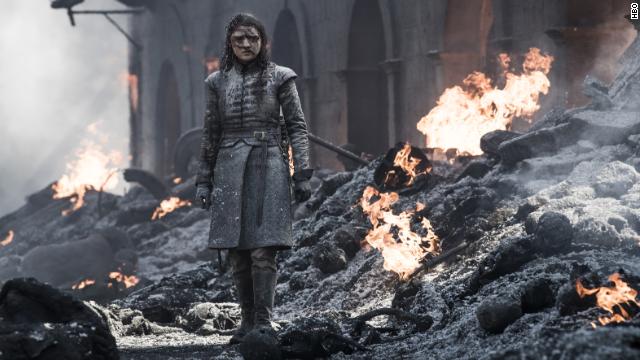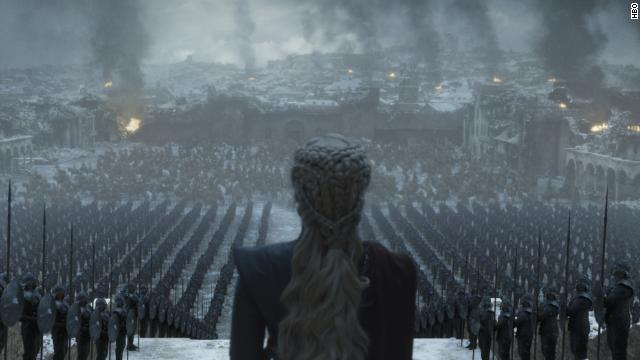
In elementary schools, they teach the first rule of storytelling: “show, don’t tell.” If you’re a 10-year old child, and you’re writing a story about a prisoner named Jon, you’re old enough to depict the fate of Jon being negotiated in real time by his friends and foes. You’ll get a failing grade if, instead, you summarize your narrative by having a complex off-stage trial explained to Jon in two minutes by his friend. (Let’s call him Tyrion.) Show us events – don’t just tell us they happened.
"Game of Thrones" showrunners David Benioff and D.B. Weiss broke this most basic of storytelling rule over and over again in Sunday's finale. It was as if, having decided where each character would end up, they charted the path of least resistance from each narrative point to the next. The quickest route from A to B.
For plot purposes, Jon had to kill Daenerys: so, one conversation with an imprisoned Tyrion later and the next thing we knew Jon was in the King’s Landing throne room drawing his dagger. (An empty throne room to which Daenerys had conveniently retired without the tight bodyguard surrounding her earlier.) Westeros needed a new king by the end of the episode, so one blink and a council of leading nobles had gathered in the Dragonpit. (No word on how they all got there, or what authority any of them have left over the political constituencies of their war-ravaged homelands. Who invites Edmure Tully to Great Councils nowadays? Has anyone in the Stormlands even heard of Gendry Baratheon’s claim to be their ruler?) Then the turgid exposition between Tyrion and Jon. Eight years of storytelling reduced to plot narration as executive summary.
There’ll be many feminist and progressive arguments written about why "Game of Thrones’" finale sticks in the craw. I’m sure I’ll agree with many of them – having written previously on those issues. (Greyworm as a generic "angry black man?" Brienne burnishing the legacy of the man who shagged, dumped and demeaned her? Not cool.)
But the social politics aren't really the problem. With the careful, slow-burn character development that marked the earlier seasons of Game of Thrones, Benioff and Wise could have made us accept any outcome. As Nick Cohen writes in London’s The Observer, the writers can explain the clues laid to their plot as intelligently as they like, but the outcome of a literary narrative “is not right or wrong but true or false, and if a story feels false to a large enough section of the audience, the artistic project collapses.”
Bran might be the “correct” king to rule Westeros, but does anyone believe in him as a character?
Perhaps Benioff and Weiss do know better than the rest of us how their adaptation of George R.R. Martin’s novels should end. Given the ripped-from-Star-Wars-debate between Jon and a black-tunicked Daenerys -- “join me, and we shall rule the Westeros Galaxy together!” -- I suspect they believe they’ve written a great defense of liberalism against populist dictators. Certainly our times demand such a liberal defense. But ultimately, writers can’t unilaterally tell us the logical outcome of their narratives, or the political conclusions we should have drawn. They can only show us, scene by subtle scene, so that we get there for ourselves. That is where Benioff and Weiss lost their touch.
Kate Maltby is a broadcaster and columnist in the United Kingdom on issues of culture and politics, and a theater critic for The Guardian. She is also completing a doctorate in Renaissance literature.




